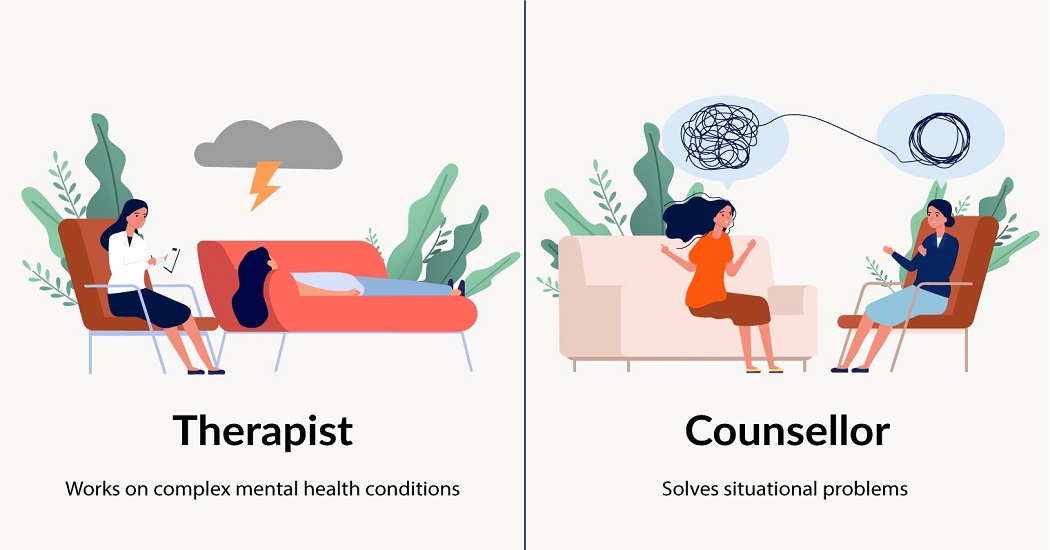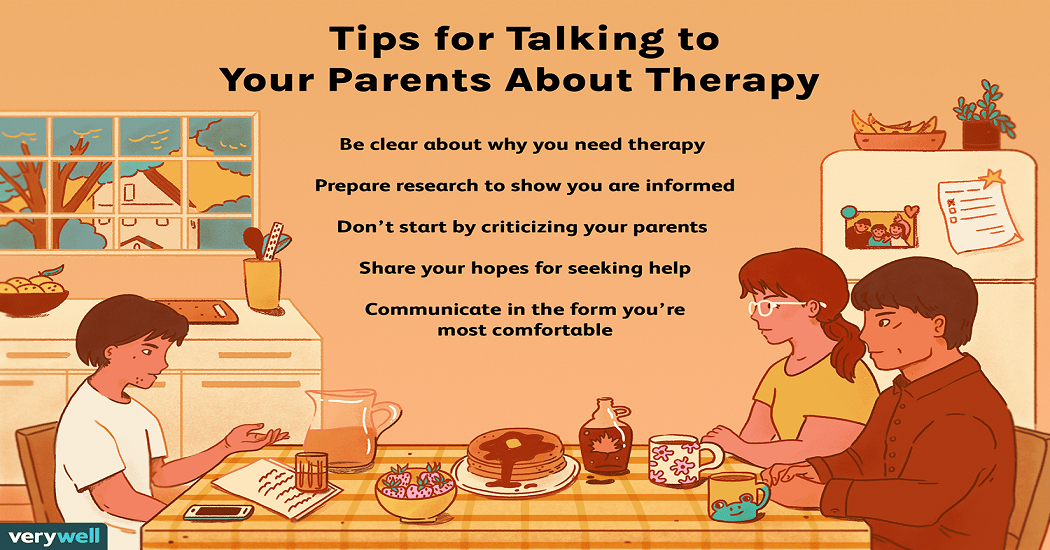Taking care of our mental health is just as important as taking care of our physical health. But how do you know that if you need therapy? Here are some signs and situations that might indicate it’s time to seek help.
What is Therapy?
Therapy is a process where you talk with a trained professional about your feelings, thoughts, and behaviors. It helps you understand yourself better and develop ways to cope with life’s challenges.

Signs You Might Need Therapy
1. Persistent Sadness or Depression
If you feel sad, hopeless, or lose interest in activities you once enjoyed for a long time, it might be more than just a bad mood.
2. Excessive Worry or Anxiety
Everyone worries, but if your anxiety is constant and affects your daily life, it might be time to talk to a therapist. They can teach you ways manage anxiety.
3. Difficulty Handling Stress
Stress is normal, but if it becomes too much and starts affecting your health or relationships, therapy can help you develop coping strategies.
4. Relationship Problems
If you have ongoing issues with friends, family, or partners, a therapist can help you improve communication and resolve conflicts.
Emotional and Behavioral Changes
1. Overwhelming Emotions
Feeling too angry, sad, or anxious without knowing why can be a sign you need help. Therapy can help you understand and manage these your emotions.
2. Changes in Sleep or Appetite
Sleeping too much or too little, or changes in how much you eat, can be signs of mental health issue.
3. Substance Abuse
Using alcohol or drugs cope with feelings clear sign you need help. Therapy can provide healthier ways to deal with your emotions.
Life Situations That May Require Therapy
1. Experiencing Trauma or Loss
If you’ve been through something traumatic or lost someone important, therapy can help you process your feelings and start to heal.
2. Major Life Changes
Big changes like moving, divorce, or losing a job can be hard to handle. A therapist can support you through these transitions.
3. Chronic Health Issues
Dealing with long-term illness can be mentally exhausting. Therapy can help you cope with both the physical and emotional challenges.
When to Consider Therapy for Children and Teens
1. Behavioral Changes
If a child is acting out or withdrawing, it might be time to seek therapy. Early help can make big difference.
2. Academic or Social Problems
Struggles at school or with friends can indicate underlying issues. Therapy can help children and teens navigate these challenges.
3. Family Issues
Problems at home can deeply affect children. Therapy provides a safe space for them to express their feelings and learn coping skills.

Choosing the Right Therapist
1. Research and Recommendations
Look for therapists with good credentials and get recommendations from friends or healthcare providers.
2. Initial Consultations
Many therapists offer a first meeting to see if it’s a good fit. Use this time ask questions and see if you feel comfortable with them.
Benefits of Therapy
1. Improved Mental Health
Therapy can help you feel better and manage conditions like depression and anxiety.
2. Better Coping Skills
You’ll learn new ways to deal with stress and emotions.
3. Stronger Relationships
Understanding yourself better can lead to healthier and happier relationships.
Conclusion
If you notice these signs or are facing difficult life situations, it might be time to consider therapy. Remember, seeking help is sign of strength, not weakness. Therapy can provide the support and tools you need to navigate life’s challenges.